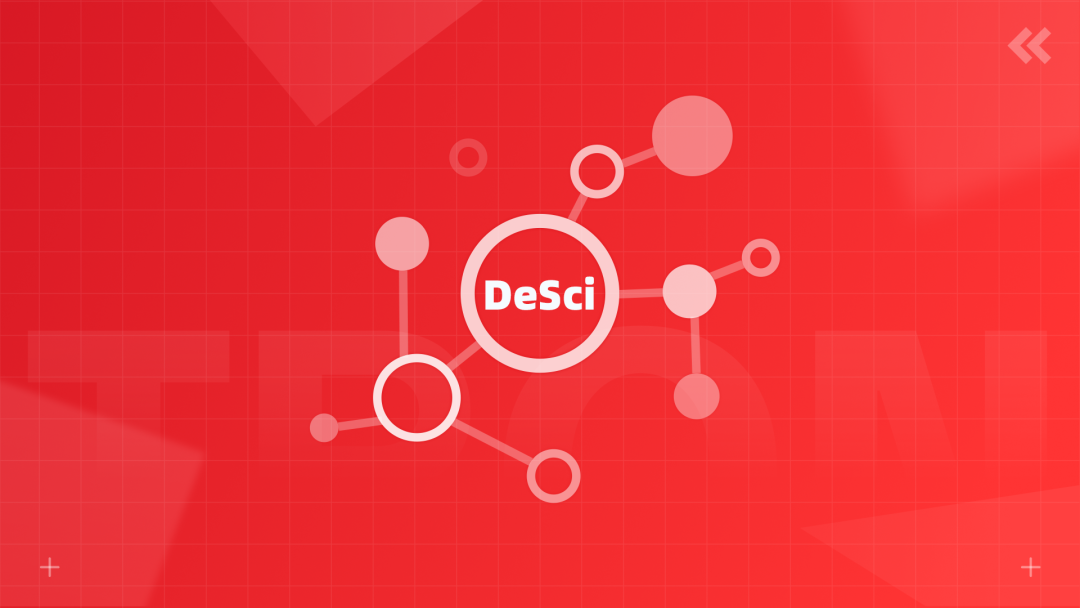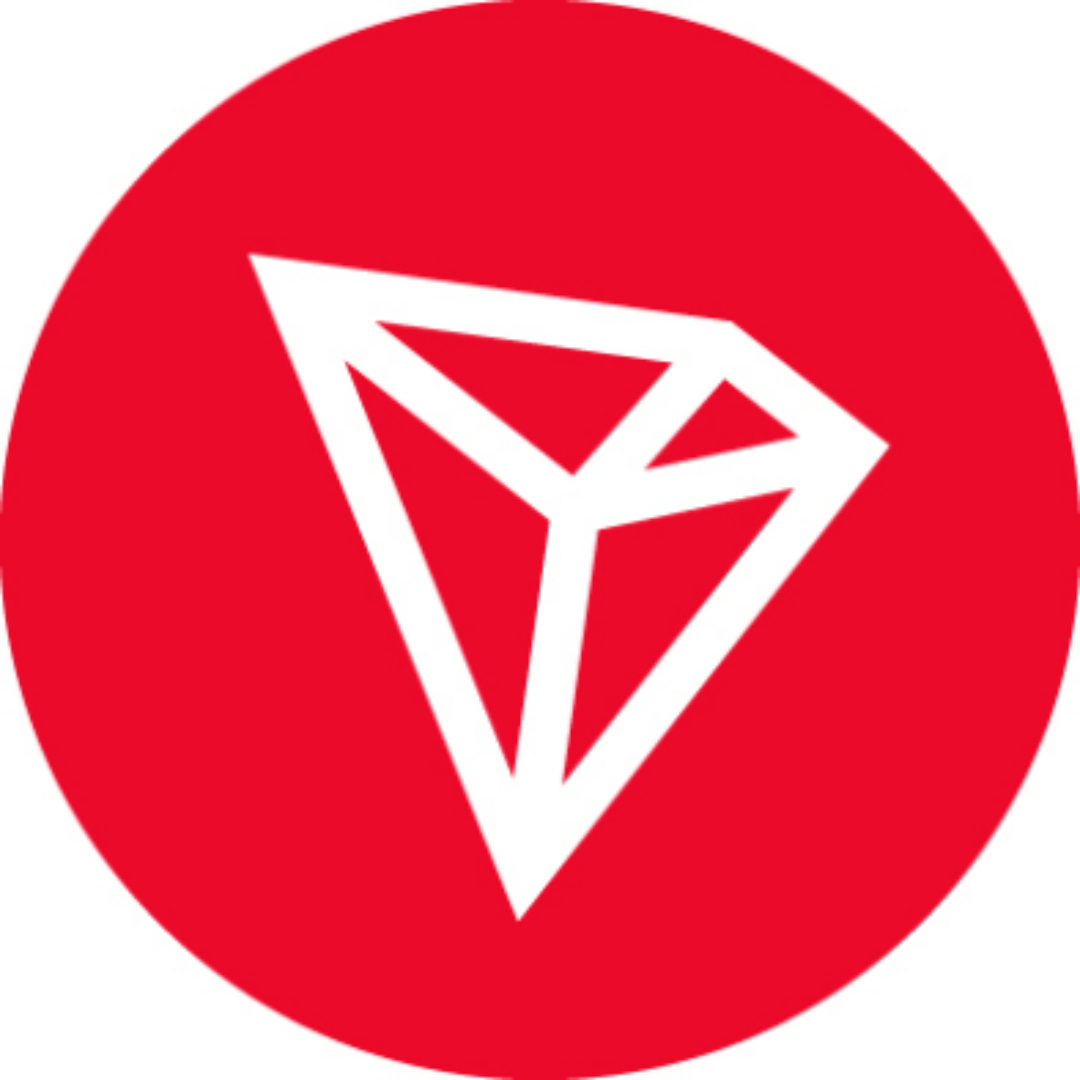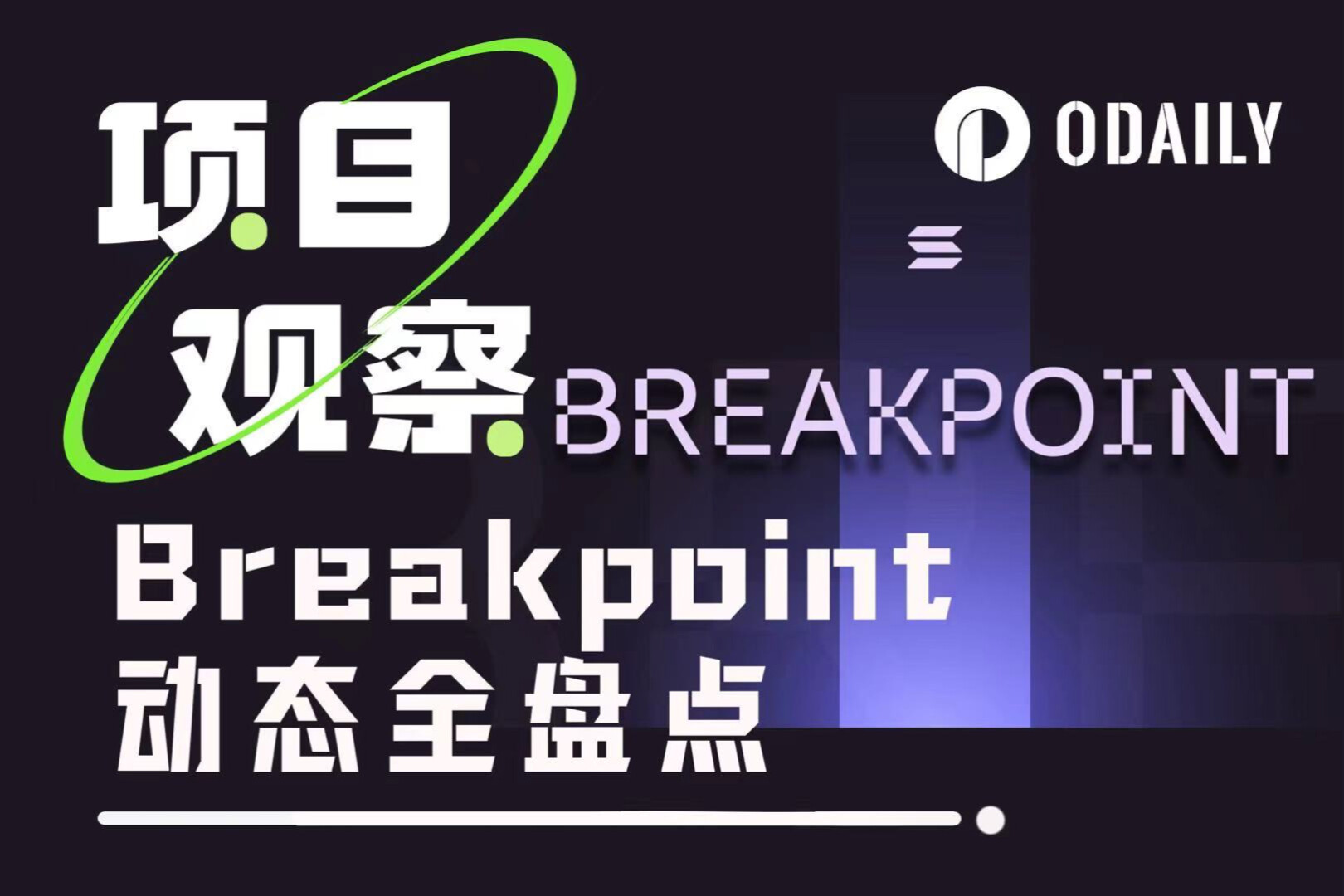TRON Creates Knowledge Bureau | Learn about Decentralized Science (DeSci) in one article
Decentralized science (DeSci) is rapidly entering the public eye. Whether it is Vitalik Buterin and CZ discussing its potential at the DeSci Day event, or the report by Nature, a top global scientific journal, all show the potential of DeSci to transform the scientific research ecosystem through blockchain technology. In this issue of TRON Knowledge Bureau, we will take you to understand what decentralized science (DeSci) is.
In the traditional scientific research model, researchers face many problems such as single funding sources, limited data access, and difficulty in sharing scientific research results. These limitations not only affect scientific research efficiency, but also restrict the fairness of resource allocation.
It is in this context that Decentralized Science (DeSci) is gradually gaining attention. It reshapes the scientific research ecosystem through blockchain technology and provides a more open and efficient solution for scientific exploration. From expanding data sharing to optimizing peer review processes, DeSci is bringing new possibilities to scientific research.

Fundraising is always a complex and lengthy process for researchers. Many potential projects are often forced to stop at an early stage due to the lack of timely support. This problem not only limits the possibility of scientific breakthroughs, but also leads to the uneven distribution of scientific research resources. DeSci can completely change the allocation of research funds through mechanisms such as secondary donations or decentralized autonomous organizations (DAOs), thereby promoting a more equitable distribution of resources.
Among them, DAO enables scientists, investors and other stakeholders around the world to jointly propose and vote to participate in decision-making through a community-driven resource allocation and decision-making framework, thereby achieving transparency in scientific research decision-making and fairness in resource allocation. For example, VitaDAO focuses on anti-aging research. According to the official website, it has currently deployed $4.2 million in funds to fund 24 projects. This approach not only provides flexible financial support for cutting-edge research, but also allows ordinary people to directly participate in the choice of scientific research direction, significantly improving the diversity and inclusiveness of research.
At the same time, DeSci also brings solutions to expand the scope of data access and sharing. In the traditional scientific research environment, scientific research data is usually in the hands of a few institutions. Even for publicly published research results, other researchers need to obtain them through high journal subscription fees. DeSci uses blockchain technology to establish a decentralized data market, which fundamentally subverts the previous situation of limited data access. By building a blockchain-based research database, scientific research data and publications can be transparently and publicly recorded on a decentralized ledger, allowing more researchers to easily access this information. At the same time, smart contracts manage data access rights, ensuring fair distribution and safe use of data, and improving the efficiency of data circulation.
Taking the Ocean Protocol decentralized sharing platform as an example, researchers can upload data sets and set access permissions, and others can pay fees to obtain data, and the proceeds are directly distributed to data providers. This model not only protects the rights and interests of data providers, but also significantly reduces the cost of data sharing and promotes cooperation and transparency in the field of scientific research.
In addition to solving the problem of funding and data sharing, DeSci has also demonstrated significant advantages in the ownership of scientific research results, transparency of peer review, and research reproducibility. The immutability of blockchain provides a guarantee for the ownership of scientific research results, ensuring that the ownership of each study is clear and unambiguous. At the same time, recording the entire review process through smart contracts can significantly improve the transparency and credibility of the review. In addition, blockchain can also fully record the detailed process and data source of the experiment, fundamentally solving the problem of reproducibility crisis in traditional scientific research and bringing higher scientific research efficiency to the academic community.
For example, ResearchHub is an open science platform that focuses on promoting these innovations. The platform encourages researchers to share knowledge by introducing an incentive mechanism, simplifies scientific research collaboration and improves scientific research transparency. Currently, ResearchHub has attracted a large number of researchers to participate, and its model has been reported by the journal Nature, providing a new way for the openness of scientific research.
Although DeSci has shown great potential, its development still faces many practical challenges. On the one hand, many DAO-based funding models are still in their early stages, and their fundraising capabilities and influence are difficult to compare with the traditional scientific research funding system. On the other hand, the uncertainty of market acceptance and legal supervision has also added obstacles to the development of DeSci. Some scientific research funding agencies may have doubts about DeSci's unconventional operating methods, and the academic community also needs time to accept this new model based on the token economy.
Despite this, the future of DeSci is still exciting. Currently, DeSci has spawned innovative projects covering synthetic biology, medical data sharing, AI-driven health queries, and many other areas. It can be said that these explorations not only verify the feasibility of the DeSci model, but also provide more choices for scientists and ordinary people. I believe that with the popularization of blockchain technology, DeSci is expected to promote scientific research in a more open, fair, inclusive and efficient direction, and bring huge imagination space for scientific exploration through the power of decentralization.



